This volume is a compendium of four Task Force Reports and four Dialogue Reports prepared by the South Asia Centre for Policy Studies (SACEPS). The Task Forces were mandated by SACEPS to carry out indepth examination of the possible modalities to take forward the interests of South Asian cooperation in their respective areas. A collaborative endeavour involving many institutions and individuals of the region, the Task Forces were engaged in both research and dialogue across the region with a view to drawing in a wider constituency that was supportive of closer cooperation among the countries of South Asia. In part A, four Task Force Reports are presented. The papers explore the following key issues that SAARC countries have to consider in their move towards the establishment of a free trade area in the region: Takes into account relevant lessons for South Asia from other regional arrangements such as the ASEAN Free Trade and the Indo-Lanka Free Trade Agreement (ILFTA) Investigates factors which work for, and against a common South Asian strategy in the context of the ongoing Doha development round negotiations in the WTO, in an attempt to come up with recommendations as regards modalities in designing a common South Asian approach in the WTO. Provides a succinct analysis of the governance and other constraints to investment in South Asia and presents a number of broad strategic guidelines towards a common investment strategy for South Asian economies, emphasising the need for a more closer cooperation among the countries of South Asia in the area of investment. Examines the possibilities, barriers, approaches and framework for energy cooperation in South Asia in view of the future demand and supply scenarios in the region. Part B contains four reports prepared on the basis of deliberations at dialogues organised in Kathmandu, New Delhi, Dhaka and Lahore to discuss the findings of the Task Force Reports. The Dialogue Reports reflect the rich inputs made by the dialogue participants who included high level policymakers, experts, leaders from the civil society and representatives from other key stakeholder groups. The present volume has been published to coincide with the holding of the thirteenth SAARC Summit in Dhaka on 9-1 1 January, 2005. It is hoped that the contents of this book will be of much value to the Summit, to the SAARC Secretariat, to the officials in the SAARC member countries, to civil society across the SAARC region and to the international community who have a strong interest in the promise and possibilities of regional cooperation in South Asia.
Agendas for Economic Cooperation in South Asia: SACEPS Task Force Reports
In stock
Free & Quick Delivery Worldwide
reviews
Bibliographic information
Title
Agendas for Economic Cooperation in South Asia: SACEPS Task Force Reports
Author
Edition
1st ed.
Publisher
ISBN
9840517295
Length
xv+238p., Tables, Figures.
Subjects

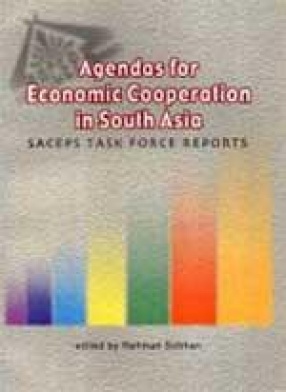
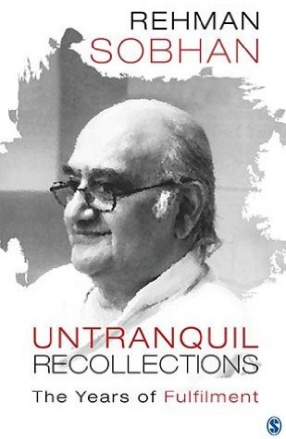
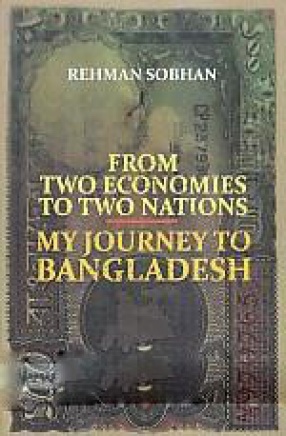

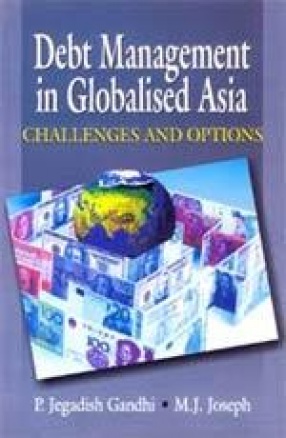
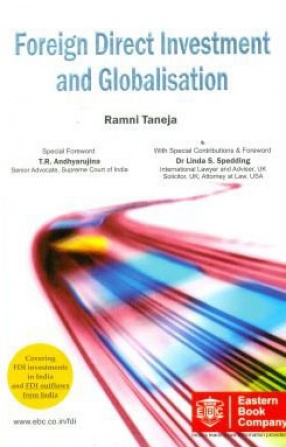

There are no reviews yet.